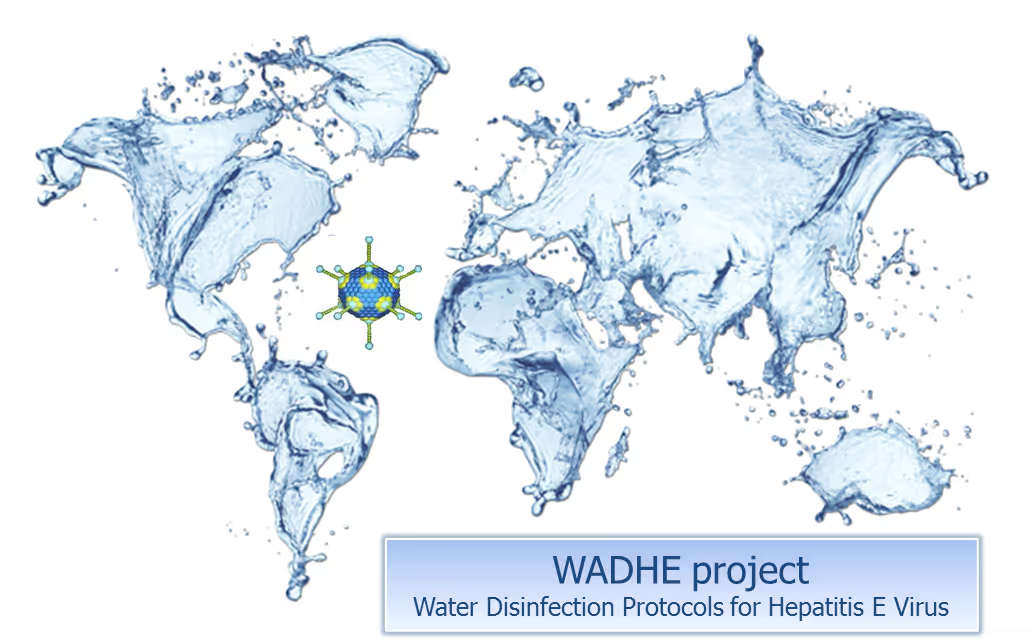Technical Brief: Hepatitis E Outbreak Response

Hepatitis E Virus (HEV) is an emerging waterborne virus endemic in regions with poor sanitation and hygiene, including large parts of Asia, Africa and South America. The most outbreak spread across South Sudan between 2012-14, with over 10,000 cases and cross-border infection into neighbouring countries. When such outbreaks occur, the humanitarian personnel in the area may have had little previous experience of handling this disease and its outbreaks. The consequent lack of preparedness can lead to much concern in the population, and unclear responses from field workers. As there are currently no curative therapies for Hepatitis E infection, prevention is the key intervention to limit the impact of this deadly disease. This technical briefing note documents the current knowledge on Hepatitis E transmission routes and discusses the issues on the potential methods of response and prevention.